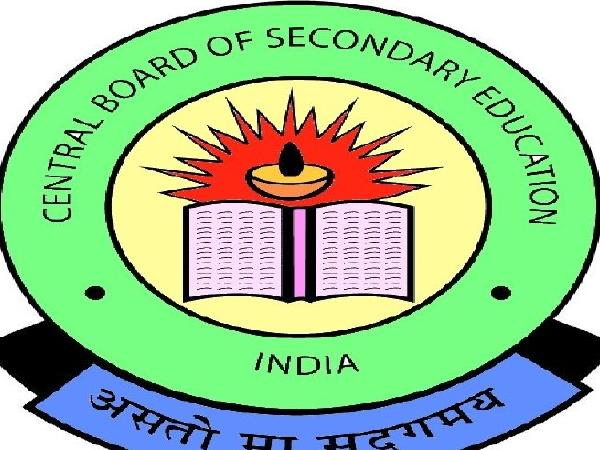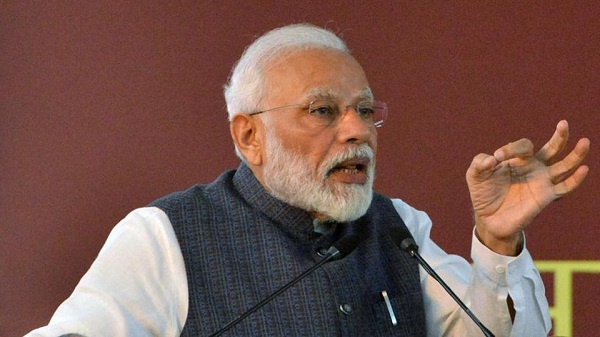Science scares most of the students. Mostly, because at school level science is theory based which students learn without actually understanding, particularly in the smaller classes. At the same time students can not be blamed since it is difficult to learn science without being understood. As a step towards making science more enjoyable, the Army Public School in Sector 37 has developed a science park in its premises. The park makes the complex world of science principles a piece of cakewalk. A science park is a cluster of interactive open-air play systems designed to fetch knowledge in basic science facts and phenomenon. Children can understand how films are made (the principle of cinematography), how a helicopter flies (principle of gyroscope). They can also understand the reasons behind the echo of the voice, how a ball when thrown from a height covers a much greater distance than the one that is thrown from the ground level, the difference between con cave, convex and normal mirrors. The crests and troughs are clear when seen in actual form. Children can even get to know the time in different countries through the World Time model. There are 11 models in the science park at the Army Public School. Each explains a science principle. Each model carries a plate giving details of the fundamentals.
'The park came up in 2007. It is an initiative of the Army Welfare Education Society but the school has funded it. It was their 25th year and they wanted to bring in some new things,' said the school science teacher, Kavita Sharma. The project cost about INR 2 lakh. She added, 'The models are selected in a manner that can help students clear their doubts about the fundamentals of science. We plan to add two-three models every year. Children from Class III onwards are brought here. Children enjoy this way of learning. Doing it this way also makes their concepts clear.' Along with the science park, the school has also set up a herbal garden. Developed by the Biology Department, it has 18 plant varieties. Each plant carries a label about the part that is useful and how it benefits health. 'We have spent about Rs 6,000 for procuring plants and developing this garden,” says the biology teacher, Neerja Tyagi. “The garden has increased our awareness about plants which can cure many ailments. Sugar patients can use stevia leaves, while lemon grass can be used to treat cold and cough,' she adds.





















